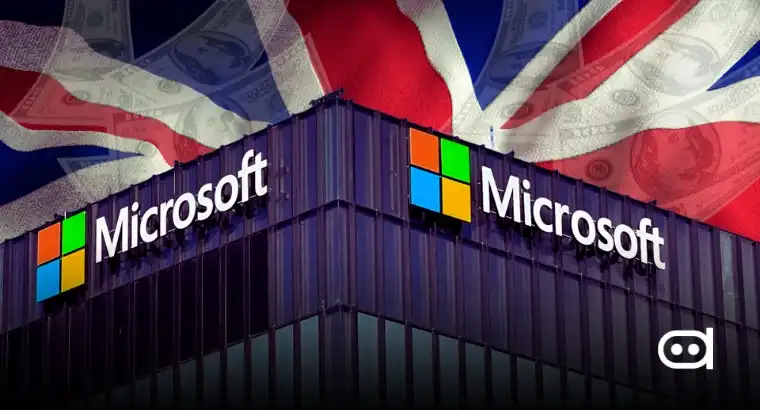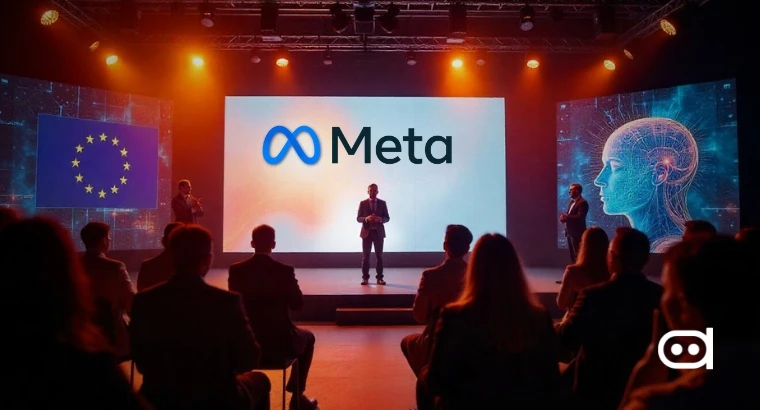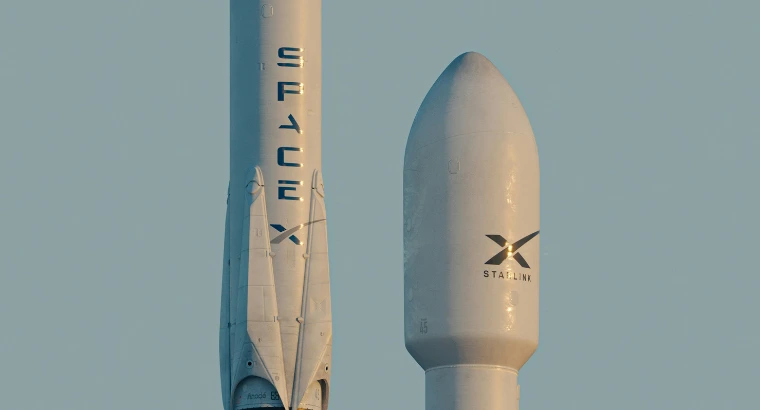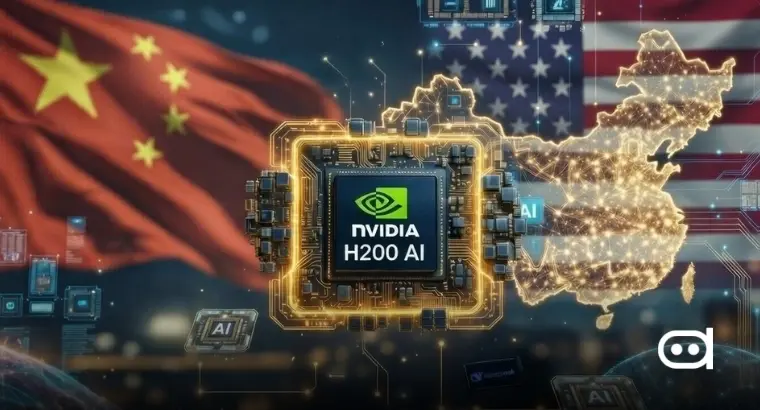
Key Highlights
- Microsoft plans to spend $30 billion over four years (from 2025 to 2028) on UK AI infrastructure, marking what is said to be the company’s flagship investment in the UK.
- The announcement is timed to coincide with the state visit of President Trump and the wider expansion of the US-UK Technology Partnership.
- In collaboration with Nscale, it would build the biggest supercomputer in the UK, with 23,000 NVIDIA GPUs.
- This, coordinated with OpenAI’s Stargate UK initiative, marks a strategic American tech ingress in allied markets.
The announced $30 billion investment in UK AI infrastructure by Microsoft is essentially a corporate expansion, it is also very much a geopolitical play, with the US to forge its technological hegemony through allied partnerships, as the global race for artificial intelligence intensifies.
Speaking about the investment, Satya Nadella said, “We’re committed to creating new opportunity for people and businesses on both sides of the Atlantic, and ensuring America remains a trusted and reliable tech partner for the United Kingdom. That’s why today we announced a $30 billion investment in the UK over four years, including building the country’s largest supercomputer with over 23,000 of the world’s most advanced GPUs, to expand the digital infrastructure that will bring our two nations even closer together.”
American Tech Diplomacy Playbook
The timing of the Microsoft announcement, made during President Trump’s state visit to the UK, manifests the deepening nature of American corporate strategy, intertwining with foreign policy. It’s not merely about the business opportunities, but also about exerting technology leadership on the US side through strategic partnerships with key allies.
We’re committed to creating new opportunity for people and businesses on both sides of the Atlantic, and ensuring America remains a trusted and reliable tech partner for the United Kingdom.
— Satya Nadella (@satyanadella) September 16, 2025
That’s why today we announced a $30 billion investment in the UK over four years,… pic.twitter.com/pCTFQWZ6JH
The initiative marks a major step forward in the US-UK technology partnership. It is part of a broader package where Microsoft, OpenAI, and other American companies announced plans to spend tens of billions of dollars on technology infrastructure in the UK. The coordination of these announcements, simultaneous with OpenAI opening its Stargate UK initiative and entering into parallel partnerships with NVIDIA and Nscale, reflects a deliberate effort to have American AI infrastructure take center stage in the technological capabilities of allied nations.
Building what Microsoft claims would be “the country’s largest supercomputer,” with 23,000-plus NVIDIA GPUs, in partnership with Nscale, Microsoft will invest an additional $15 billion in capital expenditure. The remaining capital will go to running costs, including the ongoing work of the 6,000-strong workforce in the UK, covering research, AI model development, and datacenter operations.
OpenAI Joins in with Stargate AI Expansion
The announcement gains slight additional significance when seen in conjunction with OpenAI’s parallel launch of Stargate UK. Building on the globally initiated Stargate project, valued at $500 billion, announced in January alongside former President Trump and partners Oracle and SoftBank, the UK launch is evidently OpenAI’s sovereign AI infrastructure program’s first international descent.
This integrated scenario, where Microsoft supplies the infrastructure and OpenAI provides the high-end AI technologies, represents a comprehensive American tech stack designed to keep the UK reliant on US-controlled AI systems, a stroke of genius comparable to China’s Belt and Road Initiative, which leverages cutting-edge technology avenues rather than traditional ones.
Economic Stakes and Political Calculations
The Prime Minister’s enthusiastic endorsement reflects the desire of the UK to remain relevant in the global technology race. Keir Starmer, PM of United Kingdoms shared, “Microsoft’s landmark investment is a powerful vote of confidence in the UK’s leadership in AI and cutting-edge technology. This commitment will not only strengthen our digital infrastructure and support thousands of highly skilled jobs, but also ensure Britain remains at the forefront of global innovation as we deliver on our Plan for Change. We are proud to partner with world-leading companies like Microsoft to build a future powered by British ingenuity and ambition.”
Corporate investment, which has ushered in massive economic returns, has prompted UK major institutions to begin utilizing Microsoft AI tools. Vodafone has scaled up Microsoft Copilot to 68,000 employees worldwide, while Barclays is introducing the platform to 100,000 colleagues. The London Stock Exchange Group, NHS, and the Premier League are institutions of such stature that they now rely on Microsoft’s AI infrastructure.
Questions of technological sovereignty become a matter of concern with such dependence being placed. Microsoft, issuing statements concerning its own role as “trusted American technology built on principles of security, transparency, and responsibility,” several have nonetheless argued that putting such critical infrastructure in foreign hands, even those of an allied nation, constitutes a strategic weakness.
The Broader Geopolitical Chess Game
The investment in the UK by Microsoft cannot be separated from the wider context of US-China competition in technology. Establishing full-fledged AI infrastructure in several key allied nations, American tech giants are effectively constructing a “democratic AI bloc” that prevents Chinese alternatives while safeguarding American technological preeminence.
The investment has enhanced the domestic political clout of each nation. For Trump, it validates the success of the “America First” approach while maintaining the allied relationship as strong. For Starmer, it provides a build-up that post-Brexit UK remains an attractive worldwide investor and technology partner.
Implications for the Global AI Landscape
The Microsoft UK commitment marks a new stage in global AI competition, in which infrastructure investments become a tool for soft-power projection, together with OpenAI’s Stargate expansion. This model of cutting-edge technology with extensive investment will likely be offered to other allied countries in exchange for strategic dependence. It might, therefore, be setting grounds for a bifurcated global tech landscape endowed only with two choices of American or Chinese AI ecosystems, with almost no space for a truly independent third.
With a $30-billion UK investment by Microsoft, it is more than just an extension of business. It is America’s actual blueprint to keep its technological supremacy in the AI era through strategic partnerships that tie the allies to American technology platforms, excluding competitors from infrastructure decisions that really matter.











